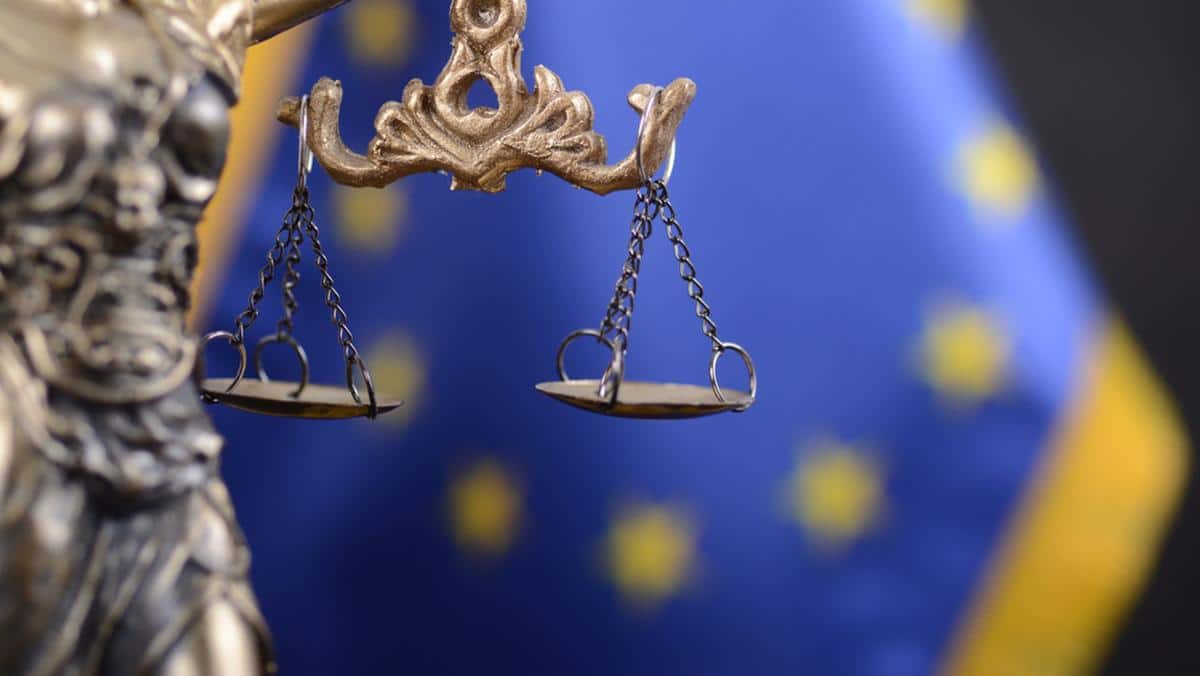On March 13, 2024, the European Commission filed a complaint against Poland with the Court of Justice of the European Union regarding regulations that have been restricting advertising activities by pharmacy operators in Poland for several years, as stipulated in Article 94a (1) of the Pharmaceutical Law. The European Commission took action following a complaint from the Confederation of Leviathan.
The European Commission pointed out that Polish law infringes the Directive on Electronic Commerce as well as Articles 49 and 56 of the Treaty on the Functioning of the European Union to the extent that it prohibits all forms of commercial communication, including electronically. Therefore, the legislative solution ultimately adopted regarding pharmacy advertising should be consistent with EU law and practices adopted in individual community states, where pharmacy advertising is generally permissible and its scope is regulated.
“Poland is unique on the map of Europe. In other EU states, services and programs implemented in pharmacies, and communication between the patient and the pharmacist and pharmacy are valued socially,” commented Kacper Olejniczak, director of the health protection and life sciences sector of the Confederation of Leviathan.
“The longstanding ban primarily disadvantages patients who are deprived of information about the offerings and services available in pharmacies. Pharmaceutical services, although formally permitted, are only offered in a limited scope. Pharmacies, fearing sanctions, refrain from informing about their availability or simply do not introduce them fearing that patients will not find out about them. The ban also prevents pharmacies from participating in social programs, such as the government’s Large Family Card program, which provides multi-child families with discounts on a range of goods and services,” argued Marcin Piskorski, president of the Pharmacy Employers’ Association PharmaNET.
The current form of the advertising ban has evolved into a ban on informing, resulting in penalties for pharmacy owners, including for posting information about vaccinations conducted inside or the fact that the pharmacy staff speaks Ukrainian. Prosecuting pharmacists is today the main occupation of officials from the Pharmaceutical Inspection.
The Confederation of Leviathan and PharmaNET are participating in discussions taking place within the social dialogue initiated by the Ministry of Health. They will also present their position during pre-consultations.
“Taking into account the well-being of Polish patients and the key sector of the Polish economy they serve, we propose changing the current regulations to resemble solutions in other EU states, where regulations concerning pharmacy advertising directed to the public contain only certain restrictions, such as the impossibility of advertising reimbursed medicines or offering any benefits in exchange for purchasing a medicinal product,” informed Marcin Piskorski. “If we want to resolve these issues in Poland, we must follow the solutions developed in the EU. Then we can avoid a process before the CJEU, and the matter can be resolved amicably,” he added.
